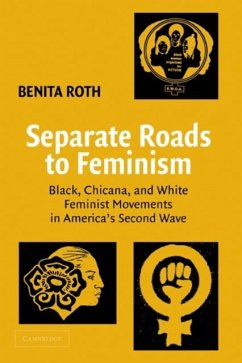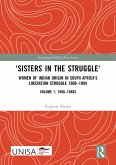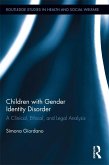This examines the emergence of feminist movements from the Civil Rights/Black Liberation movement, the Chicano movement, and the white left in the 1960s and 1970s. The author argues that the 'second wave' was comprised of feminisms: organizationally distinct movements that influenced each other in complex ways. The making of second wave feminisms resulted from decisions that feminists made about their political choices given constraints that affected their activism. These constraints were placed on them by structural inequalities that militated against unity among feminists from different racial/ethnic communities; by loyalties that feminists, particularly feminists of color, felt to other members of their movement communities; and by the necessity of making political decisions within a competitive and complex extra-institutional oppositional milieu.
Dieser Download kann aus rechtlichen Gründen nur mit Rechnungsadresse in A, B, BG, CY, CZ, D, DK, EW, E, FIN, F, GR, HR, H, IRL, I, LT, L, LR, M, NL, PL, P, R, S, SLO, SK ausgeliefert werden.









